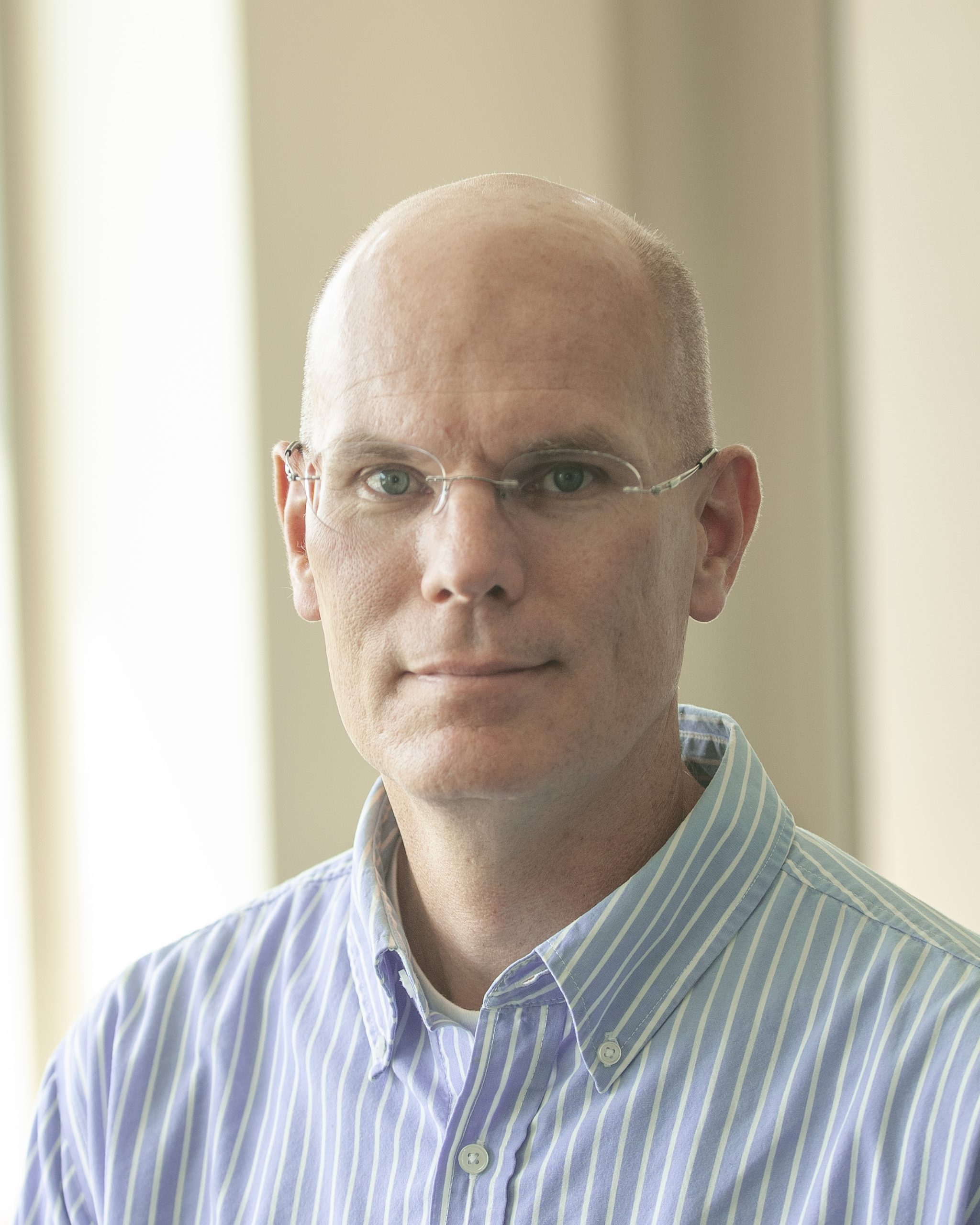BME Associate Professor Derek Kamper, who is also Associate Director of Closed-Loop Engineering for Advanced Rehabilitation (CLEAR), has codevelop a virtual reality clinic to make it easier for stroke survivors to attend their physical and occupational therapy sessions. Dr Kamper explains that physical and occupational therapy are important parts of stroke recovery, but stroke survivors often face challenges in attending their therapy sessions.
Developed by Dr. Kamper with collaborators at the Shirley Ryan AbilityLab and the University of Illinois at Chicago, the Virtual Environment for Rehabilitative Gaming Exercises (VERGE) is a software package that makes use of Kinect motion-sensor hardware to track the movement of patients and therapists in real time. To evaluate its efficacy, researchers studied 20 stroke survivors who used VERGE for two weeks in single-user mode, and also in multi-user mode – interacting with other people remotely – for an additional two weeks. The results of the study are promising: participants attended 99% of their therapy sessions when using VERGE in multi-user mode. In single-user mode, 89% participants made it to their sessions. Also, participants were more active during multi-user sessions, spending an additional 7.6 minutes in their sessions. “This suggests that the social aspect of VERGE has real benefits for stroke survivors in the context of getting them engaged in therapy,” Dr. Kamper says. Moreover, researchers used the upper extremity portion of the Fugl-Meyer Assessment of Recovery after Stroke score and saw a mean change of 3.2, which is comparable to what therapists would expect after four weeks of therapy in a conventional clinical setting.
Next they would like to scale up to a larger, multi-site study to evaluate the technology before making it available for widespread clinical use. This study was done with support from the National Institute on Disability, Independent Living, and Rehabilitation Research, under grant number H133E070013 – which supported the MARS3 Rehabilitation Engineering Research Center at the Shirley Ryan AbilityLab. Their paper, “Home-based upper extremity stroke therapy using a multi-user virtual reality environment: a randomized trial,” is published in Archives of Physical Medicine and Rehabilitation. For the full article, visit NCSU College of Engineering News here.



